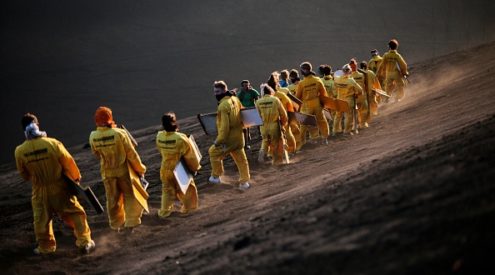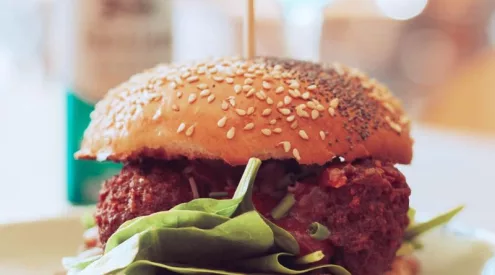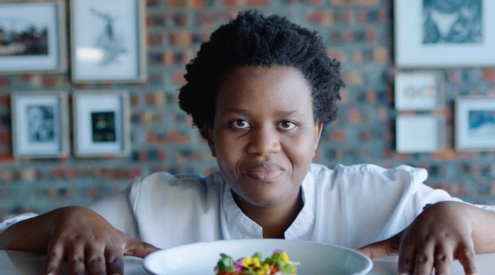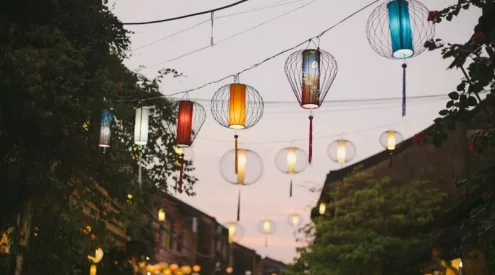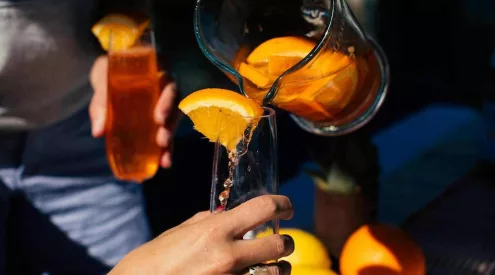The world has finally woken up to the havoc single-use plastics cause in the environment. More and more, we are seeing reports of the devastation that products like plastic straws and bags are causing to oceans and wildlife in countries the world over, and South Africa is no exception.
The #DurbanFloods have really brought to light the huge #PlasticPollution crisis in South Africa. These photos, taken by .@Naeempandor at Blue Lagoon in Durban, say it all! #BreakFreeFromPlastic pic.twitter.com/eEXLmXlv4H
— Greenpeace Africa (@Greenpeaceafric) April 23, 2019
Single-use packaging has become a part of our daily lives. It seems all but impossible to avoid. Those wanting to lessen their impact are faced with a confusing array of materials, symbols and technical jargon. Product labelling can be confusing, or absent, leaving consumers uncertain of which options are genuinely sustainable.
Besides confusing instructions, recyclable plastics are not biodegradable. Many are not recyclable, and often waste management infrastructure fails the planet.
The plastics which can be recycled become poorer in quality each time they are recycled, meaning eventually they will end up in a landfill. Disposal is only half the problem. Plastics are made from fossil fuels and the oil drilling and fracking required to extract them can also be terrible for the environment.
In South Africa, many large corporates are heeding the calls of regular citizens to move away from plastic and nowhere is this more evident than in the food packaging industry.
https://www.instagram.com/p/By7o7jKAznP/
This demand for eco-friendly options has given rise to many plastic alternatives. One strategy is to create packaging which can biodegrade and re-join the environment in a healthy way.
Oxo-biodegradable plastics were once thought of as possible solution. These are conventional non-biodegradable plastic materials which contain an additive that is supposed to trigger biodegradation of the plastic in the presence of heat and UV light.
However, many experts believe these materials only fragment into microplastics. They also break down at such a slow rate that they could never be suitable for composting. While these materials claim to be recyclable, plastic recyclers are very concerned about the effects of the additives on recycling batches. This means they can only be sent to landfill.
They will soon be banned in Europe under the EU’s new plastic directive. However, no such legislation exists in South Africa and these materials are continuously entering the local market.
Many companies, especially in the food and beverage industry, are turning to plant-based, renewable and compostable materials to reduce plastic pollution.
These materials include paper, wood, bamboo, sugarcane, and corn starch. Within this category are compostable bioplastic products designed to break down in composting conditions. They can also be recycled.
Catherine Morris, Managing Director of food packaging company Green Home, introduced compostable packaging in South Africa back in 2007. She points out that compostable packaging is in sync with natural cycles of growth and biodegradation that have existed and evolved for hundreds of millions of years.
‘These materials are part of the circular economy, in which nutrients and materials are cycled in a waste free loop,’ she says.
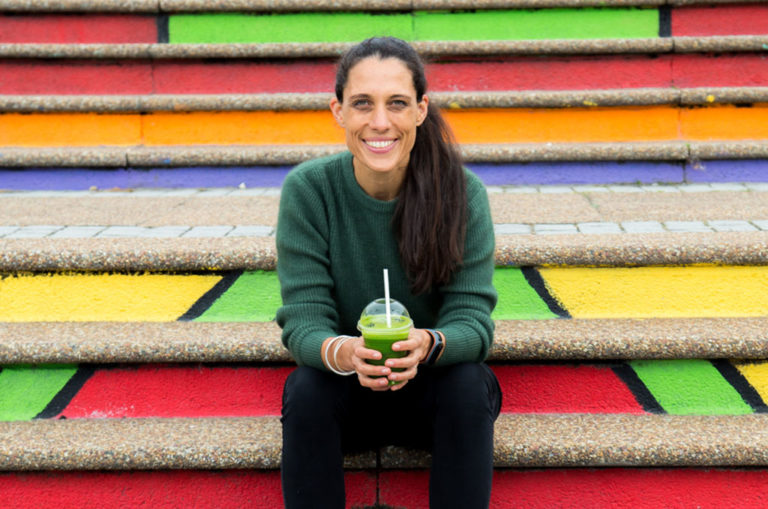
Catherine Morris with a Green Home Compostable Clear PLA cup made from corn. Image: Supplied.
https://www.instagram.com/p/BzLFmAap39X/
https://www.instagram.com/p/ByUdxodpirN/
But compostable products are not a silver bullet. They don’t always biodegrade well in marine or land environments. They often need large-scale composting conditions to break down, which may not be available. Separating compostable products from similar-looking plastic products is also a challenge.
On the other hand, plastic covered in food residues often can’t be recycled, making composting an ideal solution for food packaging if we can get the sorting process right.
Increasing composting infrastructure could also provide solutions to some of South Africa’s other problems, beyond reducing plastic pollution.
South Africa currently mismanages its organic waste, sending most of it to landfill where it rots and releases methane, a potent greenhouse gas. About 40% of the waste currently sent to landfill in South Africa is organic waste.
https://www.instagram.com/p/BqzBKQ5no2V/
By diverting organic waste (including compostable packaging) to composters and other organic waste recyclers we can minimise waste, lower greenhouse gas emissions and create green jobs.
The newly formed Organic Recycling Association of South Africa – ORASA – has a vision of diverting all organic waste from landfills within the next ten years.
What can be done in the meantime? Reduce use, refuse plastic and compost what we have to dispose of.



